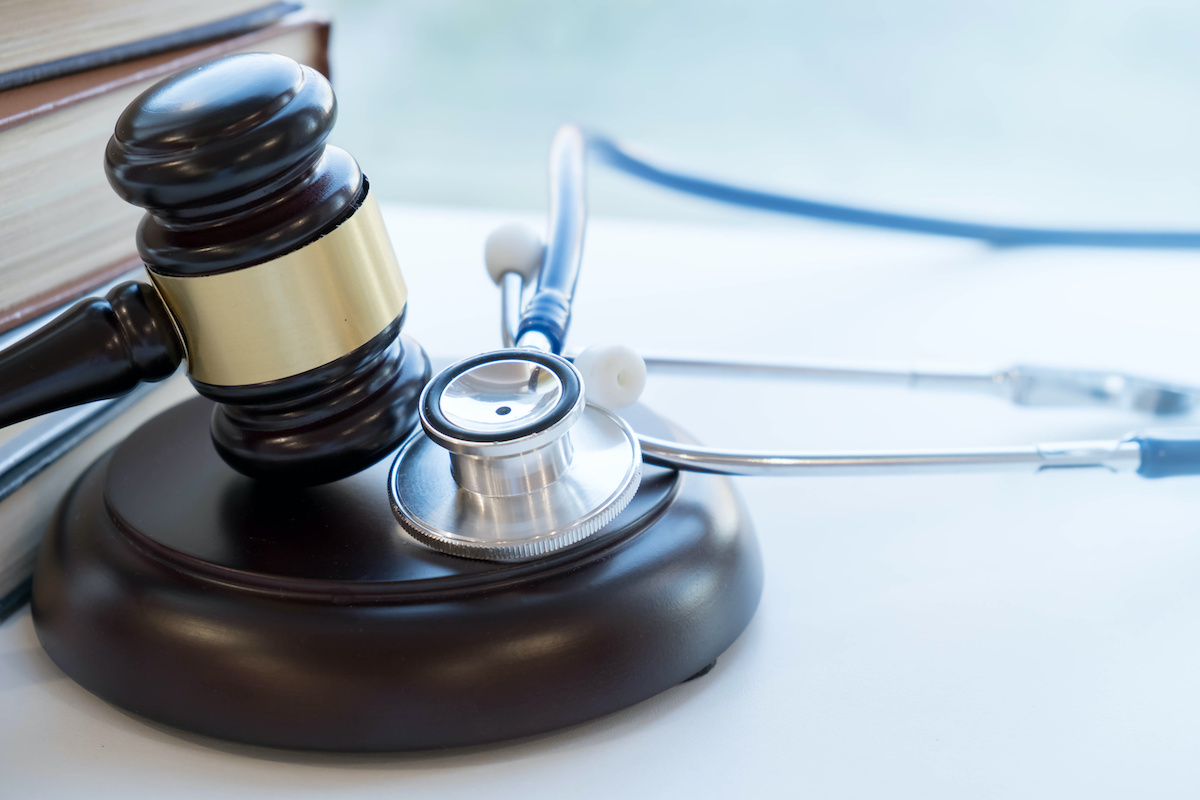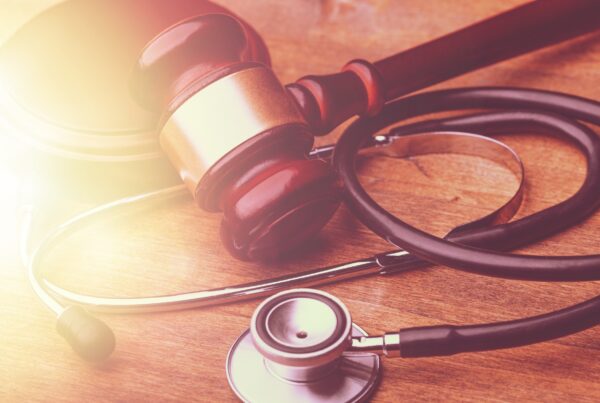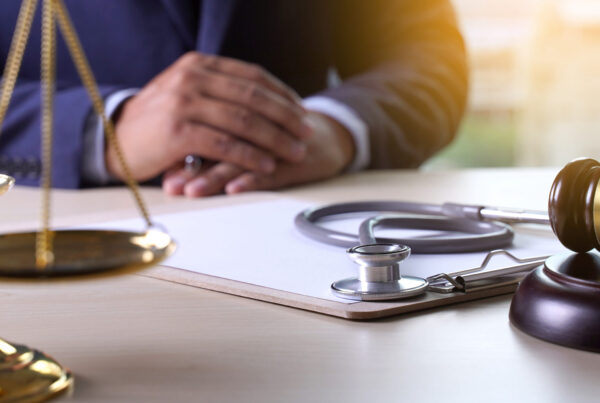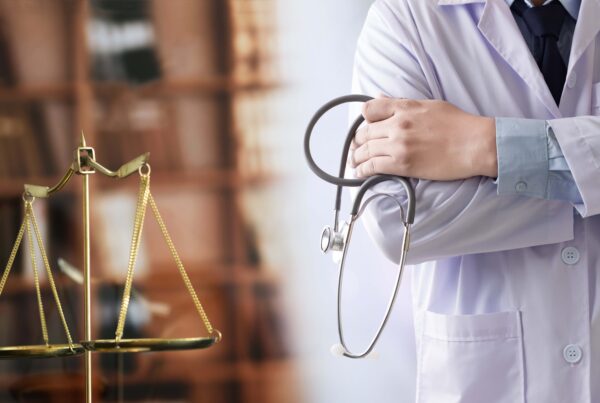Medical device is a catch-all term that can include a wide array of devices, including insulin pumps, CPAP machines, defibrillators, stimulators, and body implants. As with any product or procedure in medicine, there is a certain risk level associated with medical devices and your physician must always discuss this with you prior to implant or use. It is when that associated risk for injury is greater than necessary or underreported to regulatory agencies that the product is considered dangerous and at high risk of failure resulting in injury. Staying alert and knowing the signs of medical device failure is key for any patient using a medical device.
Why Do Medical Devices Fail?
Medical devices can fail for many reasons, but there are steps to determine why and how. The first step in this process is to research the product, the manufacturer, and the injury to see if this is part of a larger set of events, called “other similar incidents”. When there are other similar incidents, this can identify, for experienced attorneys, improper testing or poor quality of components and materials. In these situations, it is common for many patients to experience adverse effects from the device. Learn more about mass medical device litigations from our mass tort attorneys.
If there are no or few other similar incidents, it is likely that the device failure was due to insufficient maintenance, use of the device with unapproved accessories, such as using Ozone Gas Cleaners for CPAP machines, or an incident of medical negligence. In any case, patients must be keen on any symptoms they develop quickly or over time, including bleeding, new pain, reduced mobility, new disease diagnoses, or abnormal blood tests. Patients should also stay up to date on FDA recalls, as these are updated regularly and ensure patients have the information they need to stay protected. If you suspect your medical device may have failed or maybe hurting you, rather than helping, it is important to discuss this with your physician. In some situations, it may be more harmful to discontinue the use of a medical device than to continue using it until an alternative is found.
The Most Common and Biggest Medical Device Recalls
Common medical devices that have seen failures in their history include body implants, insulin pumps, body monitors, stimulators, defibrillators, medical systems, and physicians’ tools. Commonly, these device failures are caught and reported, with patients and physicians discussing the effects, evaluating whether they have been harmed, and working out an action plan for the future. In terms of FDA recall size, there are few as large as the Allergan Breast Implants recall, but recalls of any size are scary and overwhelming, which is why it is so important to keep updated so you can be informed immediately. Find more information on large-scale FDA recalls.
Who Is At Fault When A Medical Device Fails?
As stated above, it is important for experienced attorneys to review the facts of your case as small details, such as whether there are other similar incidents or company history, can help in determining who is at fault. In many cases, the manufacturer created a product that either used low-quality materials or did not have complete clinical testing in product development, so the product is defective. There is also the possibility that the physician implanting or prescribing the device is at fault, such that the physician commits medical malpractice or negligence. Find more information on medical malpractice and medical negligence.
In these situations, there will likely be fewer other similar incidents, and, depending on the facts of the case, the doctor may have followed everything properly, but the product itself was defective, taking us back to the manufacturer. Lastly, it is possible for the patients themselves to have a hand in the failure of their medical device. In these situations, accessories or components that were not specifically designed for use with the device may be used, resulting in device failure. Unfortunately, in these situations, the user is at fault, which is why it is so important to use your devices as instructed and request all accessories and components through your physician.
What To Do When A Medical Device Fails
In the combative field of medical device failure litigation, it is necessary to have strong, skilled advocates on your side. The medical device attorneys at The Simon Law Firm, P.C. are experienced in all aspects of medical device failure cases including product, regulatory, and company research, deposing corporate representatives, and taking these cases to trial before a jury to hold reckless manufacturers and physicians accountable for injuries to patients. If you or a loved one has been injured by a medical device failure, please contact the medical device attorneys at The Simon Law Firm, P.C. today for a free, confidential consultation.







